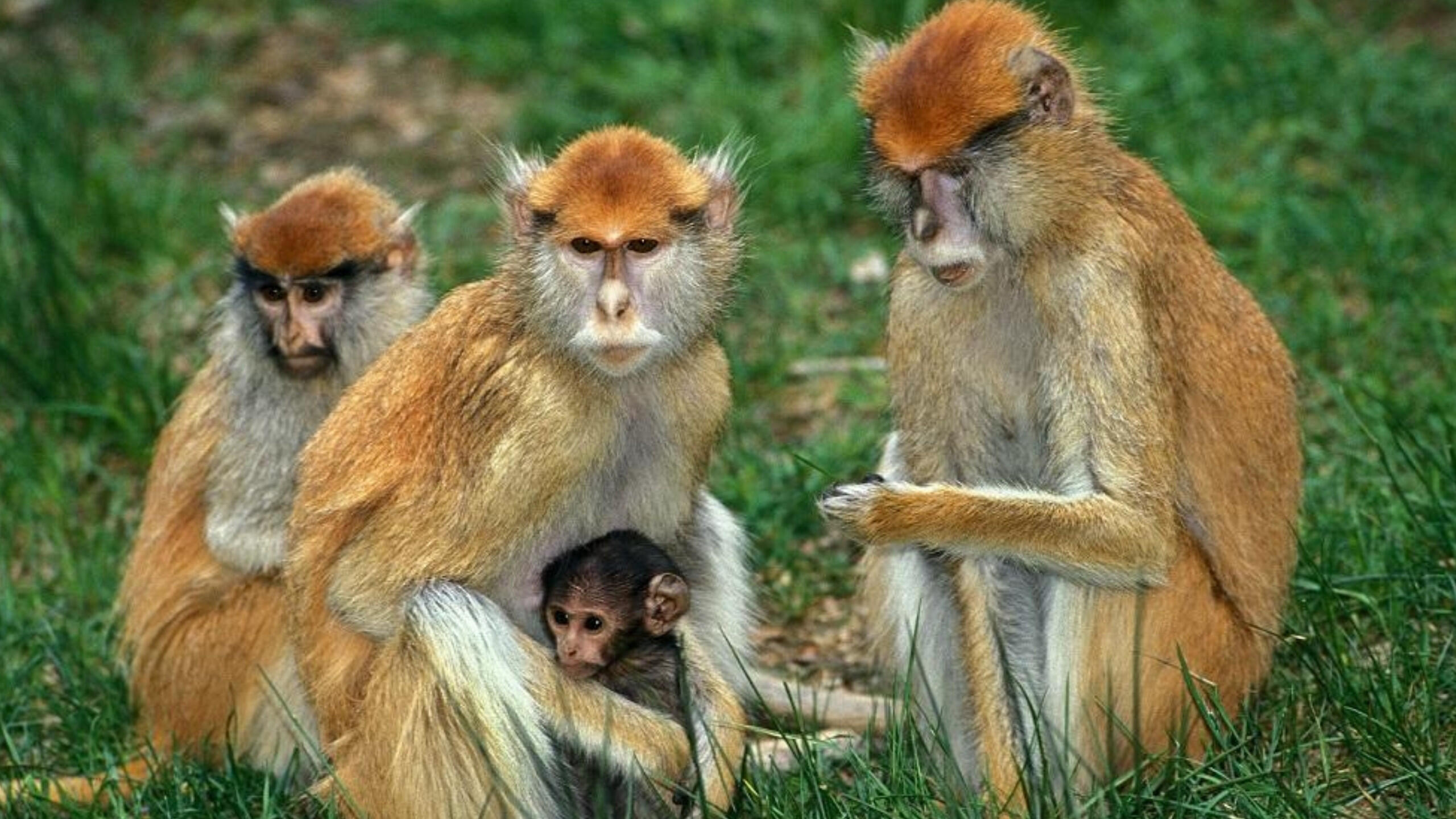Patas monkeys, also known as the "hussar monkey" or the "red guenon," are fascinating creatures found in the grasslands and semi-arid areas of Africa. These monkeys are known for their remarkable speed and unique behaviors. Let's delve into 12 captivating facts about Patas monkeys that highlight their intriguing lifestyle and adaptations.
1. Speedy Runners
Patas monkeys are the fastest primates on land, reaching speeds of up to 55 kilometers per hour (34 mph). Their long limbs and powerful muscles are adapted for running across the open savannas where they live.
2. Social Structure
They live in multi-male, multi-female groups, usually consisting of around 10 to 50 individuals. These groups can sometimes join together to form even larger temporary gatherings.
3. Unique Coloration
Patas monkeys have a distinctive reddish-golden coat, which helps them camouflage in their arid habitat. Their faces are lighter in color, often with white markings around the eyes.
4. Omnivorous Diet
Their diet primarily consists of a variety of foods including fruits, seeds, insects, and small vertebrates. They are opportunistic feeders and adapt their diet based on seasonal availability.
5. Excellent Climbers
Despite being adapted for running, Patas monkeys are also skilled climbers. They use their agility to escape from predators and to forage for food in trees when necessary.
6. Vocal Communication
Patas monkeys use a wide range of vocalizations including grunts, barks, and screams to communicate within their groups and to warn of potential dangers.
7. Territorial Behavior
They defend large territories which they mark with urine and glandular secretions. Males often engage in boundary patrols to protect their territory from other groups.
8. Matriarchal Society
While males are involved in group defense, Patas monkey societies are largely matriarchal, with females holding a central role in group dynamics.
9. Reproduction
Females typically give birth to single offspring after a gestation period of around 5-6 months. Infant Patas monkeys cling to their mothers' bellies for the first few weeks of life.
10. Threats and Conservation
Patas monkeys face threats from habitat loss due to agriculture and human development. They are also hunted for bushmeat in some areas. Conservation efforts focus on protecting their habitats.
11. Adaptations for Heat
Living in semi-arid regions, Patas monkeys have physiological adaptations to cope with heat, including specialized blood vessels in their legs to dissipate heat.
12. Nomadic Lifestyle
Patas monkeys often exhibit a nomadic lifestyle, following the availability of food and water. They may travel long distances in search of resources.
Patas monkeys are remarkable primates with unique adaptations for life in the African savannas. From their incredible speed to social dynamics, they continue to intrigue researchers and wildlife enthusiasts alike. Understanding these fascinating creatures is crucial for their conservation in their changing habitats.
